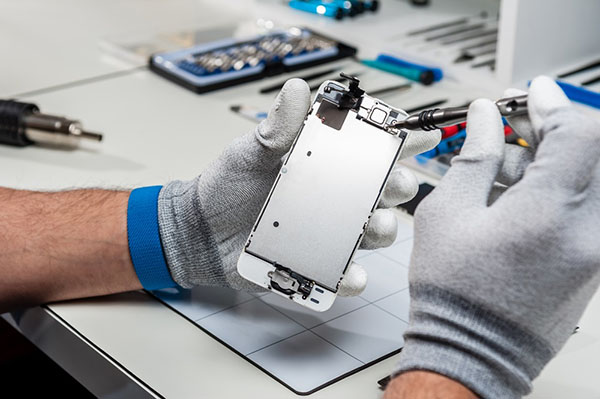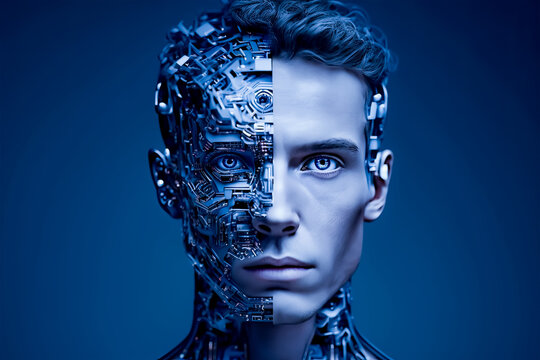A hospitalization for my mobile (Day care surgery)

The schedule of the day care surgery of my mobile...
11.30 - Reached at 11.30 with an online appointment receipt – was attended to immediately (each appointment is 20 minutes apart). |
11.32 - Was asked the problem (History taking), short and sweet with a smile. |
11.33 - The phone was received with care undressed after consent (can I take the cover off?), for a quick general physical examination. |
11.45 - Phone was connected to a soft ware checking app through a laptop – a thorough physical examination. |
11.46 -The results of the physical examination were shared clearly, and the tentative diagnosis was shared (Battery life suboptimal), and the need for further evaluation was informed. |
11.50 - Was asked if all backups were taken before sending for the invasive investigations – which was affirmed. |
12.10 - A detailed hardware assessment was done over 20 minutes using software. |
12.10 - The results were declared with additional system fault which might need addressing, and the need for a VMI test. |
12.30 - The phone was sent into the minor theatre for a VMI Visual/Mechanical Inspection, for 20 minutes, and assessment of the additional concern observed. |
12.45 - The results were declared good – the additional threat was declared as dust related. |
12.45 - Consent for battery replacement was taken. |
12.50 - Payment was made. |
12.50 - Phone goes into Theatre for battery replacement. |
1.20 - Phone received with transplanted battery. |
1.25 - Rerun of the soft was test was done and found normal. |
1.30 - The phone and the owner starts for home with wallet emptied. |
1.35 - Phone refuses to connect to the email account. |
1.35 - The team revisited and I was informed to approach a specialist team for sorting this out. |
2.00 - Came home and sorted out the email issue self. |
2.15 - Feedback message and email received |
2.15 - Follow up appointment if needed was offered through message. |
I wonder whether healthcare has learned from technology teams or vice versa. It seems that healthcare has played a significant role in instructing technologists. Because in many health care institutions, patients go through these processes with much lesser effciency. While there are similarities, the efficiency and speed technologists bring to the table surpass what we often observe within the healthcare fraternity. But then this is to not be expected in health care since body is not a machine.
But the predicament lies in viewing the body solely as a machine in need of repair in many health care systems. Healthcare often operates under the assumption articulated by Richard Dawkins, who states, "We're all machines built by DNA whose purpose is to make more copies of the same DNA. This is exactly what we're for. We're machines for propagating DNA. It is every living object's sole reason for living."
In a context where healthcare perceives the body as a machine and boundaries blur, how can we recapture the reality of who we are? John Wyatt, in one of his videos, posits that on one hand, there are human beings who are unique and made in God's image, distinct in the cosmos. On the other hand, there are non-human animals, close relatives yet different. Lastly, there are machines, artefacts crafted by human hands and ingenuity.

Yet, in the modern world, these distinctions are becoming less clear. The lines between a human being and an animal blur, and similarly, the line between a human and a machine diminishes. The uniqueness of having the image of God in humans defines our humanity. To be human is to possess that image. While body parts can be mended, every affected part impacts our entire being.
So, what does it mean when humans are to be cared for? John Wyatt suggests four principles. First, treat every human being with wonder because each one is unique. Second, treat every human being with respect, acknowledging their wonderful and unique nature. Third, approach every human being with empathy, seeking to understand their experience. Finally, treat every human being with protection, especially the vulnerable, shielding them from abuse and harm. https://www.johnwyatt.com/
I wonder if we could marry the efficiency of mobile 'day care' with the holistic care required for humanity?



Your recent post was a game-changer for me. I'm thankful for the inspiration.
ReplyDeleteThe gatekeepers who are found in healthcare are missing in mobile care. You went alone. No assistant. Healthcare requires you to generally bring an assistant and occasionally an assistant for the assistant. Managing this requires space, gatekeepers and unlike an army the frontline worker is poorly trained.
ReplyDeleteSecondly, mobile care does not require an ambulance. Locating faults does not require multimillion rupee machines, and answers do not come back in squiggles but in a known form making training easier.
The list is long and differences many. What may be helpful is to give control back to humans rather than trying to eliminate them in search of profits.
True
Delete